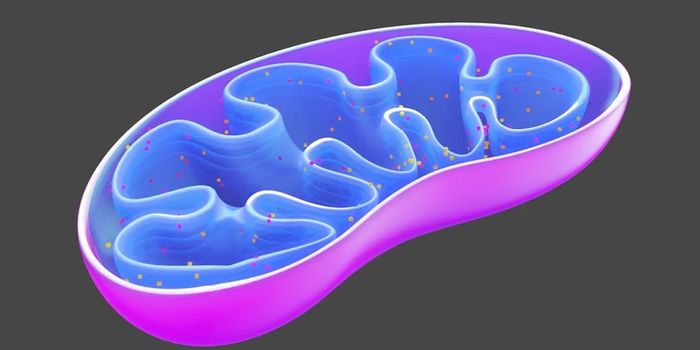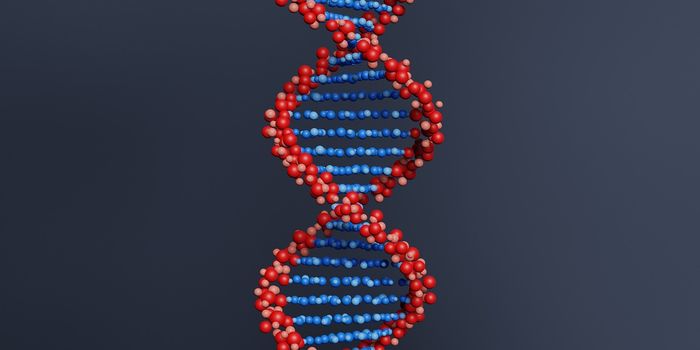Scientists Reveal Cells That Have a Close Link to Allergies
Scientists learned about a decade ago that when children were given peanuts in the first few months of life, their chances of developing a peanut allergy were lower compared to children who were not given any peanuts during that time of life. Researchers have now identified a cell type that could explain this finding; a class of immune cells called Thetis cells, which were first identified in 2022. Thetis cells seem to have a role in suppressing the inflammatory reactions to food, particularly during a certain period, according to a new study reported in Science.
This study has also used a mouse model to show that there appears to be a crucial, early-life time period in which the immune system is trained to not overreact to allergens that are present in foods. This training is known as oral tolerance.
Thetis cells help the immune system learn to tolerate foreign molecules that are not harmful. They are a class of antigen-presenting cell, which presents the signals, or antigens, of foreign substances to the immune system. The immune system 'learns' from antigen-presenting cells, so they know what to attack and what to leave alone. Proteins in the foods we eat, for example, should be left alone by the immune system, and when they are not, an allergy happens.
"These new understandings can pave the way for new treatment strategies for food allergies, which are desperately needed," said senior study author and physician-scientist Chrysothemis Brown, MD, Ph.D. of Memorial Sloan Kettering Cancer Center (MSK).
Thetis cells help the immune system learn to tolerate beneficial bacteria, as well as food proteins that could become allergens, like Ara h proteins that are found in peanuts or ovalbumin in eggs.
With various mouse models, the researchers studied oral tolerance. By labeling the egg protein ovalbumin with a fluorescent dye, the investigators could see which gut cells were interacting with it. A subset of Thetis cells, which help regulate tolerance to gut microbes, absorbed the protein.
Another kind of immune cell known as regulatory T cell aided Thetis cells in programming the immune response to ovalbumin, so the body tolerated it. While Thetis cells can help generate tolerance throughout life, immune reactions were significantly different when the ovalbumin was introduced later.
The early introduction of potential allergens help restrain the immune system, which has to be carefully controlled. But when the allergens are only encountered later, when fewer Thetis cells are there to put the brakes on the immune system, an inflammatory response may occur.
This new understanding of how food allergens are tolerated by the immune system opens new therapeutic avenues, suggested Brown.
"Not only does this research underscore the consensus within the allergy community about the benefits of early introduction of allergens, but it also explains why, for example, we don't see a similar tolerance develop when the same antigens are delivered through other routes, like the skin," added Brown.









